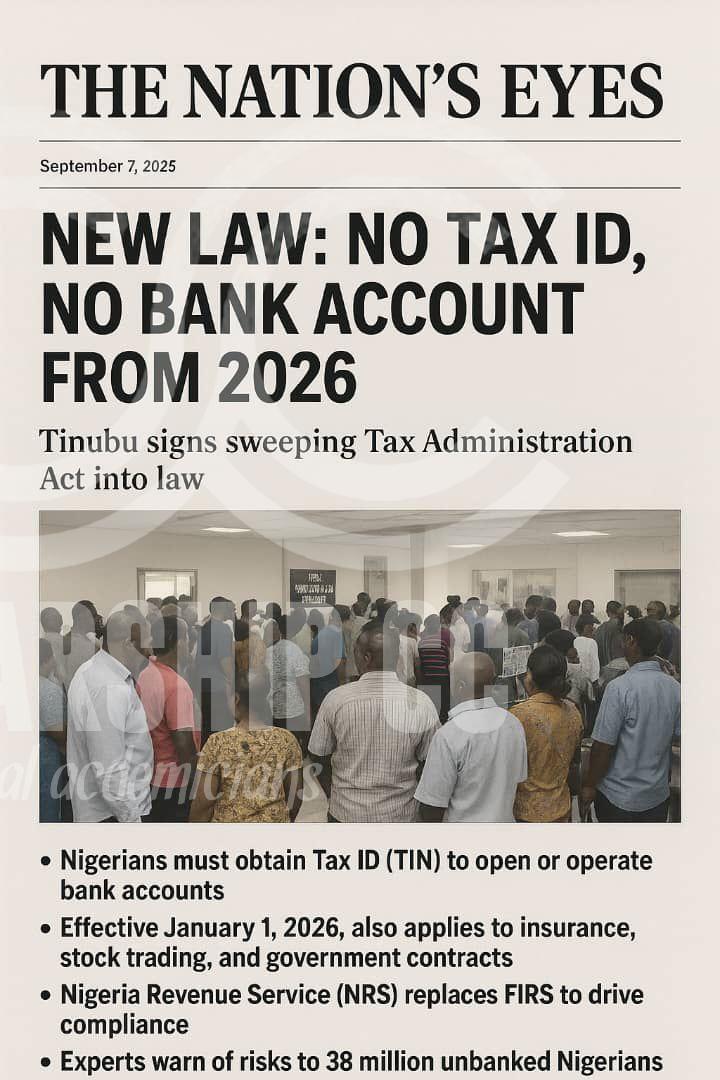Life Sciences Translation Service Market Research: Insights and Trends
Comprehensive Life Sciences Translation Service Market research highlights the critical role of accurate communication in global healthcare. The market is witnessing increased investment from pharmaceutical and biotechnology companies to ensure that clinical, regulatory, and marketing content is translated accurately across multiple languages. Research indicates that combining AI-driven translation technologies with expert linguists improves efficiency, reduces errors, and ensures compliance with regional regulations. The adoption of translation management systems allows firms to handle large volumes of multilingual content effectively.
Get Full Reports:https://www.marketresearchfuture.com/reports/life-sciences-translation-service-market-33097
Life Sciences Translation Service Market research also emphasizes the competitive landscape and emerging trends. There is a growing focus on specialized translations for complex clinical trials, labeling, and regulatory submissions. Companies are expanding services to include culturally sensitive adaptations to enhance patient communication and engagement. As healthcare organizations prioritize accuracy, speed, and cost-efficiency, the market is expected to continue expanding globally, offering ample opportunities for service providers.
FAQs
Q1: What are the latest trends in life sciences translation?
A1: AI integration, cloud-based platforms, and specialized clinical translation services.
Q2: Why is market research important for translation service providers?
A2: It helps identify growth opportunities, competitive strategies, and regional demands.
Comprehensive Life Sciences Translation Service Market research highlights the critical role of accurate communication in global healthcare. The market is witnessing increased investment from pharmaceutical and biotechnology companies to ensure that clinical, regulatory, and marketing content is translated accurately across multiple languages. Research indicates that combining AI-driven translation technologies with expert linguists improves efficiency, reduces errors, and ensures compliance with regional regulations. The adoption of translation management systems allows firms to handle large volumes of multilingual content effectively.
Get Full Reports:https://www.marketresearchfuture.com/reports/life-sciences-translation-service-market-33097
Life Sciences Translation Service Market research also emphasizes the competitive landscape and emerging trends. There is a growing focus on specialized translations for complex clinical trials, labeling, and regulatory submissions. Companies are expanding services to include culturally sensitive adaptations to enhance patient communication and engagement. As healthcare organizations prioritize accuracy, speed, and cost-efficiency, the market is expected to continue expanding globally, offering ample opportunities for service providers.
FAQs
Q1: What are the latest trends in life sciences translation?
A1: AI integration, cloud-based platforms, and specialized clinical translation services.
Q2: Why is market research important for translation service providers?
A2: It helps identify growth opportunities, competitive strategies, and regional demands.
Life Sciences Translation Service Market Research: Insights and Trends
Comprehensive Life Sciences Translation Service Market research highlights the critical role of accurate communication in global healthcare. The market is witnessing increased investment from pharmaceutical and biotechnology companies to ensure that clinical, regulatory, and marketing content is translated accurately across multiple languages. Research indicates that combining AI-driven translation technologies with expert linguists improves efficiency, reduces errors, and ensures compliance with regional regulations. The adoption of translation management systems allows firms to handle large volumes of multilingual content effectively.
Get Full Reports:https://www.marketresearchfuture.com/reports/life-sciences-translation-service-market-33097
Life Sciences Translation Service Market research also emphasizes the competitive landscape and emerging trends. There is a growing focus on specialized translations for complex clinical trials, labeling, and regulatory submissions. Companies are expanding services to include culturally sensitive adaptations to enhance patient communication and engagement. As healthcare organizations prioritize accuracy, speed, and cost-efficiency, the market is expected to continue expanding globally, offering ample opportunities for service providers.
FAQs
Q1: What are the latest trends in life sciences translation?
A1: AI integration, cloud-based platforms, and specialized clinical translation services.
Q2: Why is market research important for translation service providers?
A2: It helps identify growth opportunities, competitive strategies, and regional demands.
0 Reacties
0 aandelen
68 Views





